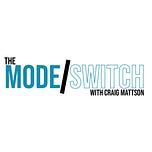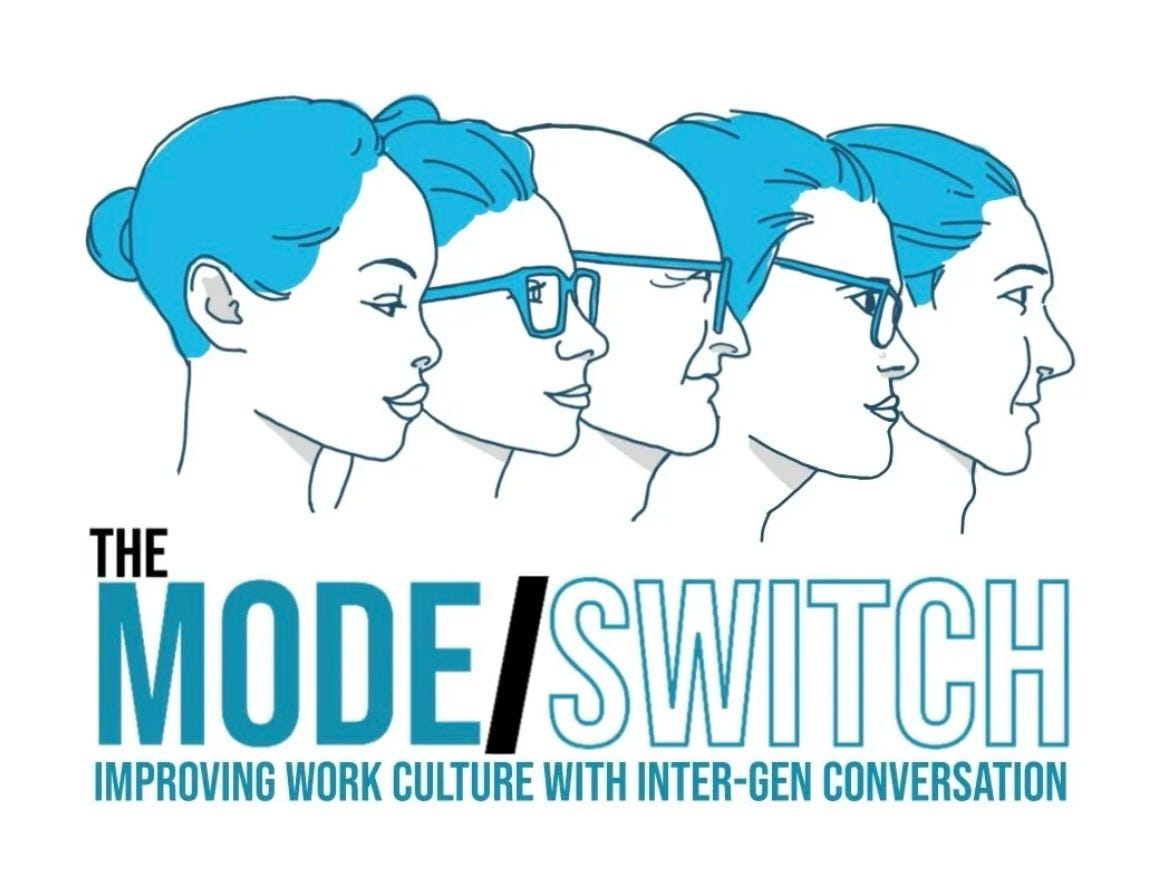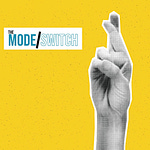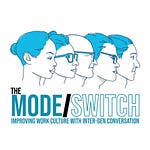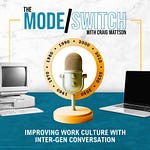Workplace miscommunication is expensive. According to one Axios report, “Employees lose over a month each year dealing with ineffective internal communication.” Not hard to imagine, right? You know what it’s like trying to find instructions in an email—only to realize the instructions are buried in a Teams message. Or a post on Viva Engage. Or, wait, did the boss text us those protocols?
Workplace miscommunication is so expensive, in fact, that it’s tempting to give into the desperate maxim that better communication must mean more communication.
But this week’s guest, Ross Chapman of the Denver Institute, suggests counter-intuitively that some silos in the workplace can’t be dismantled by more and more messaging. Intergenerational silos, in particular, require the kind of trust and interdependence that can’t be cultivated through multiplying messages.
His organization has, in fact, innovated a provocative practice that improves workplace community by creating new rhythms of rest. By giving someone on your team rest, you communicate their value without words, compelling the team to collaborate more deeply. Think of Ross’s proposal as communication through action, not Slack.
Wait, sabbaticals for every employee, not just the CEO? Whut? How?
I know, I know. But listen to the pod: Ross shows you how it can be done.
I gotta say, too, that, as a workaholic Gen Xer, I love what happens every time I sit down with my Mode/Switch cohosts: Madeline (Gen Z), Ken (Boomer), Emily (Xennial), and LaShone (Millennial). If you’re asking, “Am I crazy? Is work supposed to be this pressurized? Are people suppose to be this difficult?” These amazing coaches validate the feeling that workplaces too often feel like stuck places. The Mode/Switchers’ realism keeps me grounded—without letting go of hope for renewal.
Big shout out, too, to Riley Johnston, our Mode/Switch audio editor, who helps keep our conversations on point. Our thirty-minute conversations make room for fun, but Riley’s post-production work keeps the podcast resourceful and tight.
Want to listen to this conversation—but not in your inbox? No problem. Click here to listen on Spotify or here on Apple Podcasts.
But however you join us this week, you’ll hear why the most radical way to improve communication isn’t another platform; it’s another “sabbath moment.” (Thank you, Wendell Berry.)
Rethinking the rhythms of work and rest in your organization can reshape how teams work together without ever pressing “send.”
-craig
Want to learn more about Ross’s organization?
Check out the doings of the Denver Institute for Faith and Work. If you’re a person of faith, you may be interested in the initiative in support of “Women, Work, and Calling.” Go to Thrift Books to find Ross’s book (with co-author Ryan Tafilowski), Faithful Work.
What do you think about Ken’s big idea this week?
In this week’s “roundtable wrap-up” segment, Ken argues that, in a time of religious polarization, we need to be more explicit about what guests like Ross mean when they speak of theology. What (Ken asks) are the assumptions in someone’s theology of work?
Mindful that our listeners include people of multiple faiths, or no faith at all, the Mode/Switchers look for pluralistic ways to speak about work culture.
But what do you think? Is Ken right? Should we dive more deeply into the theological assumptions of our guests?
Hit reply to this email or jot a note in the comments. We’re grateful for the guidance.

